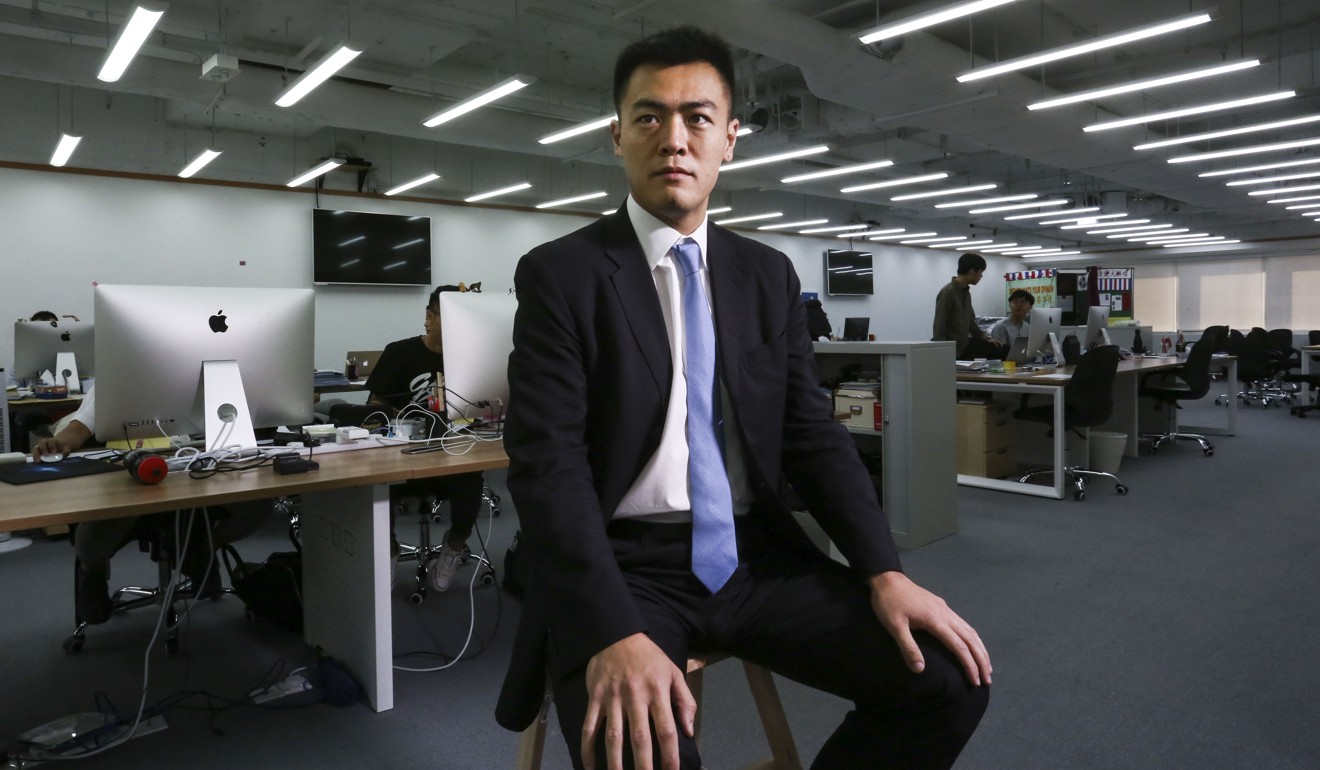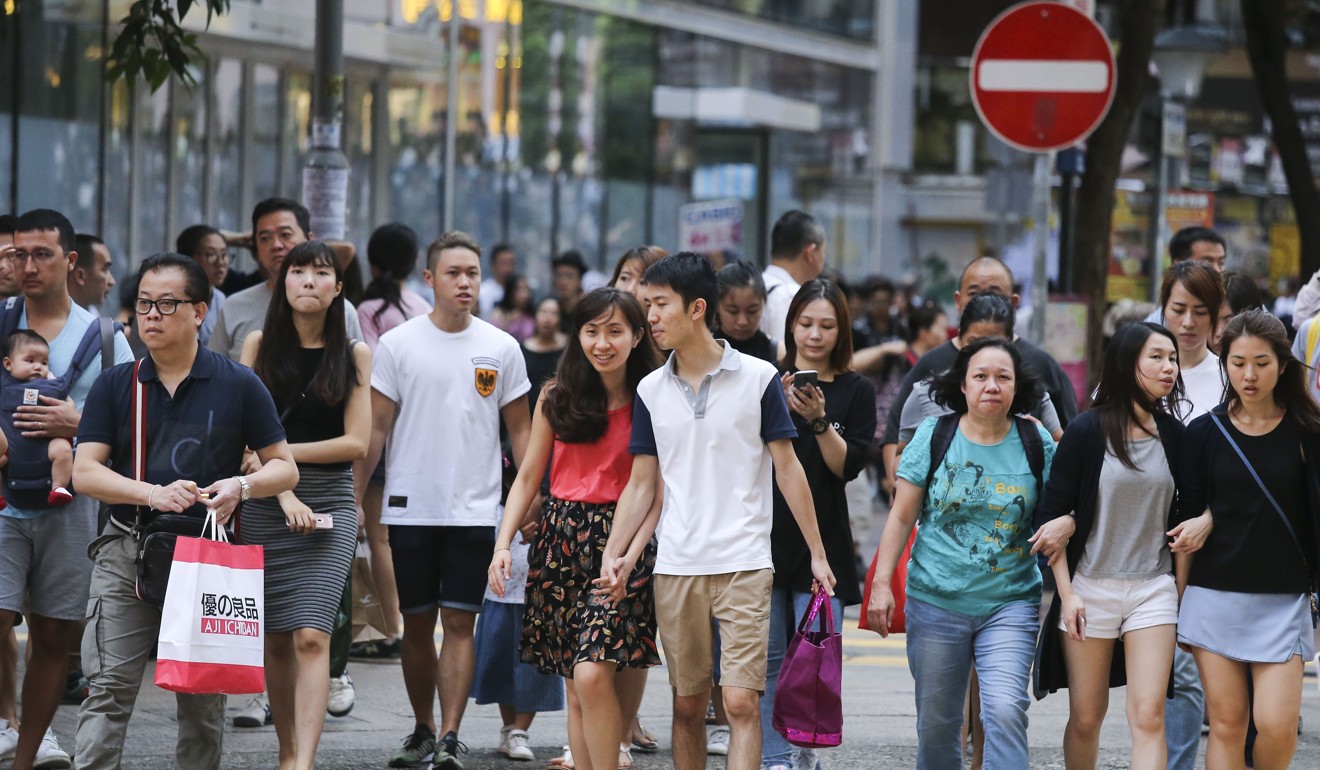
Hong Kong’s young people don’t want to be involved in policymaking, consultation shows
Commission on Youth chairman Lau Ming-wai says some youngsters don’t believe the government is listening, while others are preoccupied with work and school
Most young people have little interest in the Hong Kong government’s plans to involve them in policymaking, being preoccupied with other problems at school or work, according to the initial findings of a youth policy consultation.
Commission on Youth chairman Lau Ming-wai, who is leading the consultation exercise to carve out a new youth policy, described the finding as “troubling”, as they showed the gap between the city's youth and the government.

“It would be a challenge for the government to convince them that they can make an impact [on policies].”
Allow Hong Kong youth the space to dream big
Lau’s revelations come just ahead of Chief Executive Carrie Lam Cheng Yuet-ngor’s maiden policy address next Wednesday. Lam had previously signalled in her election platform that the new administration would recruit young people into the Central Policy Unit and advisory bodies, as well as reform the existing Commission on Youth into a higher-level Youth Development Commission chaired by Chief Secretary Matthew Cheung Kin-chung.

The public consultation led by Lau was also launched last month to gauge community views on what a youth policy should cover. It will be completed by the end of this month.
Meanwhile, the younger generation in the city is still struggling to cope with a difficult living and working environment, attributed in part to high property prices and the lack of economic diversity.
Surveys have highlighted worsening mental health among students, while recent political events also sparked discontent among young people over issues such as freedom of speech and expression.
Hong Kong’s next leader Carrie Lam promises bigger part for youth to play in making policies
Lau said what he found out from the consultation was worrying.
“In one session, a secondary school student said the social worker at school could not be trusted as what they said in the counselling was reported back to teachers and the principal,” he said. “The student said he had no choice but to turn to his peers. It was apparently a breakdown in the school’s support network.”
On another occasion, Lau said, some schools admitted that instead of hiring a professionally trained career counsellor, they had spent the HK$500,000 annual government subsidy designated for career planning to hire a teacher who was required to teach a subject. That teacher spent little time on career education, mainly asking students to take a personality test.
“Do students really benefit from it? Should they educate parents as well so that they won’t derail their children’s choice if they don’t want to go to a university?” Lau asked.
It’s time to talk openly with Hong Kong’s youth about suicide and stress
The youth commission chairman hoped recommendations gathered from the consultation, to be finalised by the end of this year, would be laid down as a blueprint for the new commission and would align the vision of all bureaus.
Without going into detail about the political frustrations of the city’s youth, Lau warned of undesirable consequences if the government did not take the consultation seriously.
“The dialogue between the government and the youth will end ... It will become a stumbling block for the future commission,” he said.
To spark young people’s interest in youth policy development, Lau, son of property tycoon Joseph Lau Luen-hung, is spending about HK$3 million a year to set up his youth office which has recruited 16 young graduates and secondary school interns to study and promote youth policy.
The office will release a promotional Mid-Autumn Festival video in which Lau has hidden a message to young people inside a mooncake. He added that a popular YouTuber and two young medal-winning athletes would also take part in the campaign.
Summing up from his exchanges with young people on more than 700 occasions over the past two years as youth commission chairman, Lau said few youngsters were interested in discussing the idea of independence.
“Unlike hard core activists, young people in general are not keen on independence, they only feel ignored by the government as no policy has given them a priority,” Lau said.

